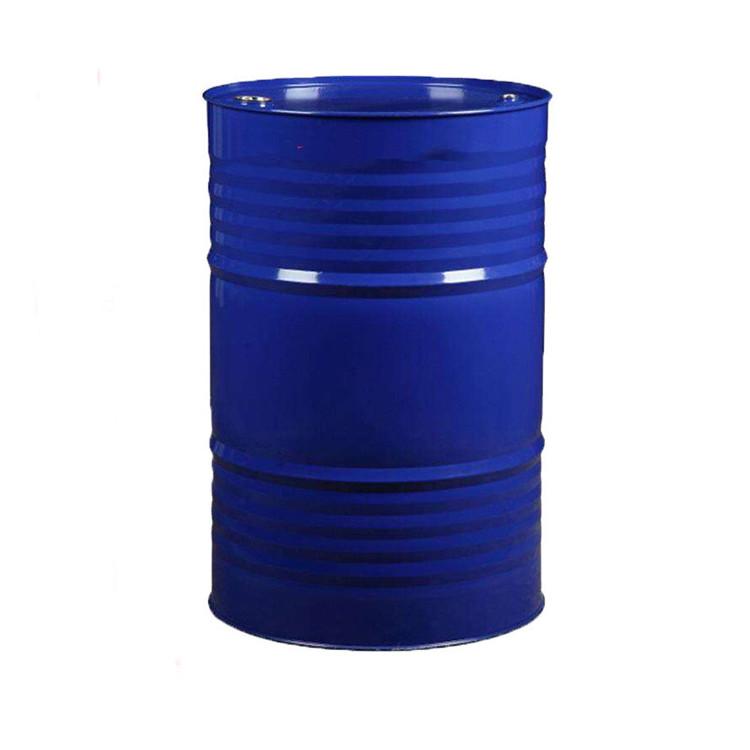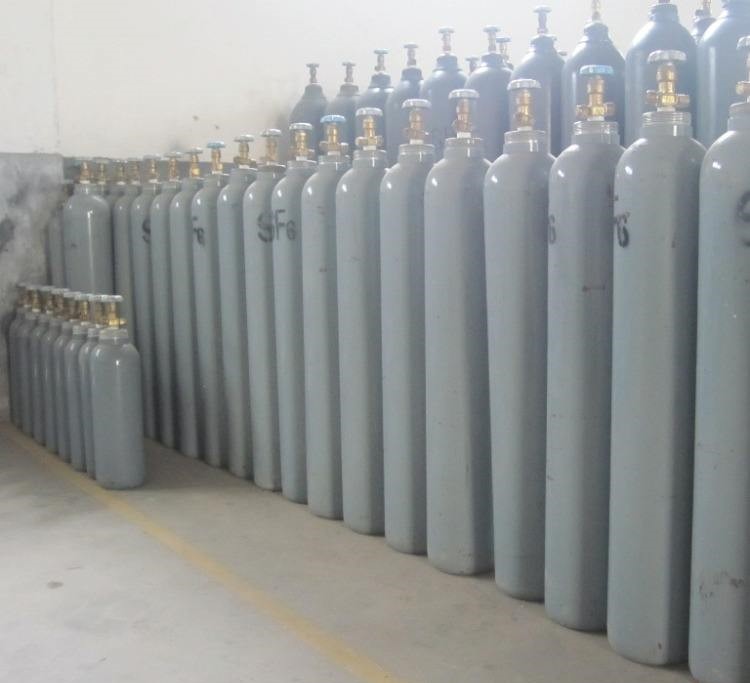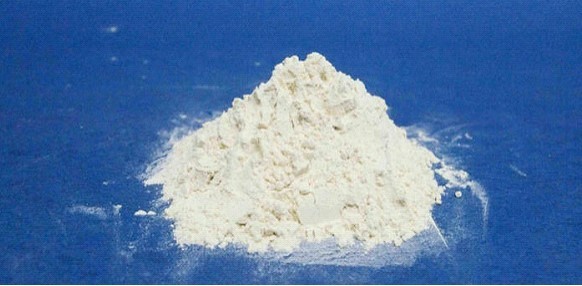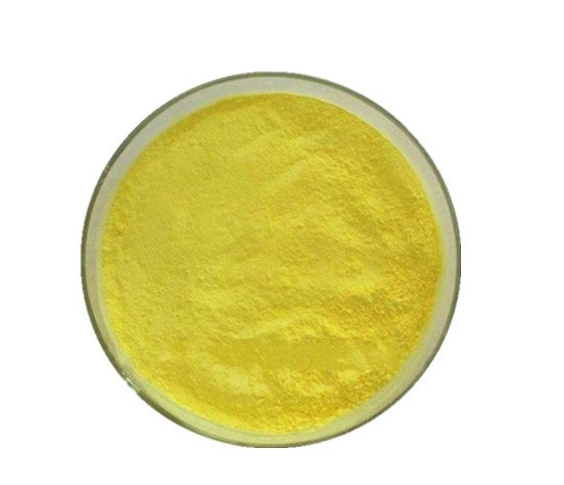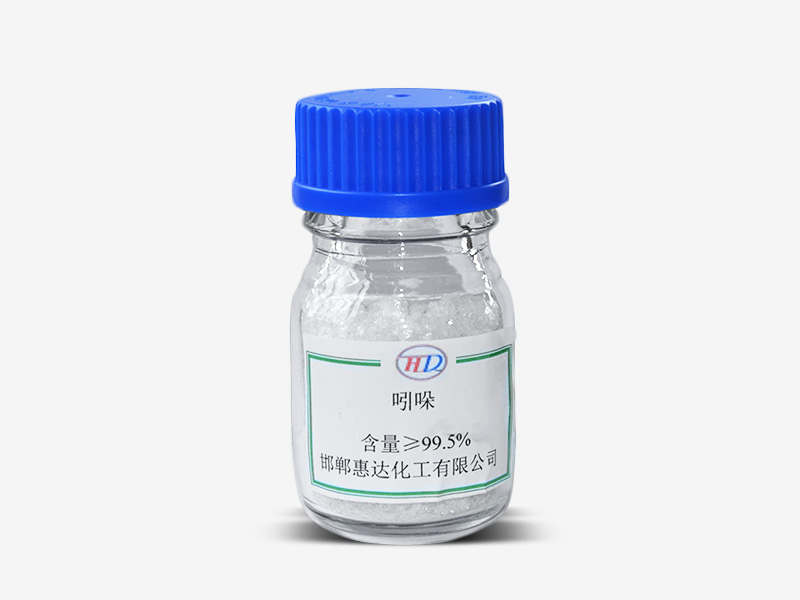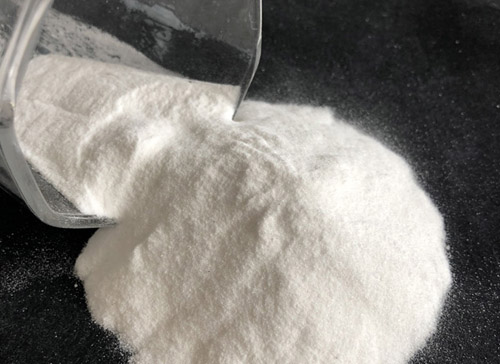Antioxidant
Other Auxiliary Agent
Petroleum Additives
Adsorbent
Water Treatment Chemicals
Rubber Additives
Adhesive Additives
Cross-Linking Agent
Flame Retardants
UV Absorbers
Organic Extractant
Resin Additives
Electronics Chemicals
Pesticide Additives
Building Chemicals
Plastic Additives
Oilfield Chemicals
Adhesive
Plastic Rubber Chemicals
Paper Additives
Molecular Sieve
Coating Additives
Textile Auxiliaries
Fluorescent Brightener
Polyethylene Glycol Derivatives
Coupling
Forest Chemicals
Leather Auxiliary Agents
Beneficiation Agents and Smelting Additives
Dye Auxiliaries
CAS:115-10-6
Molecular Formula:C2H6O
Alias
More Information
Methane, Oxybis-; Methoxymethane; Dimethylether; Methyl Ether; Methane,1,1'-Oxybis-; (Ch3)2O; Dimethyl Ether,Methyl Ether; Dimethyl Oxide; Methyl Oxide; Methane, 1,1'-Oxybis-; Dimethyl Ether >=99%; Dimethyl Ether >=99.9%; Fk-506 3'
Brief Introduction
Dimethyl ether is a flammable gas. Mixing with air can form an explosive mixture. Contact with heat, sparks, flames or oxidants is easy to burn and explode. Peroxide with potential explosion risk can be generated in contact with air or under light conditions. Its density is higher than that of air and can spread to a considerable distance at a lower place. It will catch fire and burn back in case of fire source. In case of high heat, the internal pressure of the container increases, and there is a risk of cracking and explosion.
Suppliers
View More Vendors (2) >
CAS:117428-22-5
Molecular Formula:C18H16F3NO4
Alias
More Information
Acanto; Za1963; Methyl (2E)-3-Methoxy-2-{2-[6-(Trifluoromethyl)-2-Pyridyloxymethyl]Phenyl}Acrylate; Methyl (2E)-3-Methoxy-2-[2-({[6-(Trifluoromethyl)Pyridin-2-Yl]Oxy}Methyl)Phenyl]Prop-2-Enoate; (E)-Methyl 3-Methoxy-2-(2-(((6-(Trifluoromethyl)Pyridin-2-Yl)Oxy)Methyl)Phenyl)Acrylate; Methyl (αE)-α-(Methoxymethylene)-2-[[[6-(Trifluoromethyl)-2-Pyridinyl]Oxy]Methyl]Benzeneacetate; Methyl (E)-Alpha-Methoxymethylene-2-(3-Trifluoromethyl-2-Pyridyloxymethyl)Phenylacetate; Benzeneacetic Acid, .Alpha.-(Methoxymethylene)-2-6-(Trifluoromethyl)-2-Pyridinyloxymethyl-, Methyl Ester, (.Alpha.E)-; Methyl (E)-α-Methoxymethylene-2-(3-Trifluoromethyl-2-Pyridyloxymethyl)Phenylacetate; Methyl (E)-3-Methoxy-2-{2-[6-(Trifluoromethyl)-2-Pyridyloxymethyl]Phenyl}Acrylate; Picoxystrobin [Iso]
Brief Introduction
Picoxystrobins the best methoxy acrylate bactericide currently used. It was successfully developed by Syngenta. In 2006, Syngenta sold the global sales right of acetaminophen to DuPont. At present, it has been sold in China. The relevant patent protection expired on January 13, 2008. This product is mainly used to control wheat leaf diseases, such as leaf blight, leaf rust, glume blight, brown spot, powdery mildew, etc. compared with other Methoxyacrylate fungicides, it has a stronger therapeutic effect on wheat leaf blight, reticulosis and moire.
Suppliers
View More Vendors (2) >
CAS:119-17-5
Molecular Formula:C10H10N2O4S
Alias
More Information
3-(4,5-Dihydro-3-Methyl-5-Oxo-1H-Pyrazol-1-Yl)Benzenesulfonic Acid; 1-(3-Sulfophenyl)-3-Methyl-5-Pyrazolone; M-(4,5-Dihydro-3-Methyl-5-Oxo-1H-Pyrazol-1-Yl)Benzenesulfonic Acid; Benzenesulfonic Acid,M-(3-Methyl-5-Oxo-2-Pyrazolin-1-Yl); 3-(3-Methyl-5-Oxo-4,5-Dihydro-1H-Pyrazol-1-Yl)Benzenesulfonic Acid
Brief Introduction
Used as reactive dye intermediate.
Suppliers
View More Vendors (2) >
CAS:120-72-9
Molecular Formula:C8H7N
Alias
More Information
1H-Benzo[B]Pyrrole; 1-Azaindene; Ketole; Indole; Benzopyrrole; 2,3-Benzopyrole; 2,3-Benzopyrrole; 1-Benzazole; Indol; Fema 2593; Benzo(B)Pyrrole; Indolegr; 2,3-Benzopyrrole,Orbenzazole,Indole; Indole Crystalline Gr; Indole-15N
Brief Introduction
Indole exists in feces, coal tar, jasmine oil and Neroli oil. It is colorless, lobular or plate-shaped crystal. It has strong fecal odor. The pure product has fresh flower odor after dilution. It is soluble in hot water, benzene and petroleum. It is easily soluble in ethanol, ether and methanol. It can volatilize with water vapor. It turns red when placed in air or visible light, and resinifies. It is weakly acidic and forms salt with alkali metals, It is resinified or polymerized with acid. The highly diluted solution has jasmine fragrance and can be used as perfume. Indole is an important organic raw material and fine chemical product. Its homologues and derivatives widely exist in nature, mainly in natural flower oil, such as jasmine, sweet orange, white lemon, pomelo peel, orange, bitter orange, Narcissus, vanilla, etc. It can be widely used in jasmine, Syringa, orange blossom, gardenia, honeysuckle, lotus, Narcissus, Yilan, orchid, and prune. It is often used in combination with methyl indole to make artificial civet flavors. It can be used in chocolate, raspberry, strawberry, bitter orange, coffee, nuts, cheese, grape and fruit flavor compound.
Suppliers
View More Vendors (2) >
CAS:122-99-6
Molecular Formula:C8H10O2
Alias
More Information
Phenoxytol; 2-Phenyloxyethanol; PET; Phenyl Cellosolve; Emery6705; Phenylglycol; Phenoxy Ethanol; Rose Ether; 2-Hydroxyethyl Phenyl Ether; Phenoxetol; Ethylene Glycol Monophenyl Ether,Phe-G,Phe-S; Ethanol, 2-Phenoxy-; Dowanoleph; Dowanol Ep; Ethylene Glycol Monophenyl Ether; Arosol; Phenyl Glycol; Ethylene Glycol Monophenyl Ether For Syn; (2-Hydroxyethoxy)Benzene; Phg; Protectol Pe; Acetonitrile Acs Grade; Beta-Phenoxyethanol; Phenoxyethanol; BG-EPH
Brief Introduction
Ethylene glycol phenyl ether is a typical high boiling point organic solvent, which has been widely used in Europe and America as early as 1970s. It is a kind of colorless and transparent liquid with rose fragrance, low volatility and high boiling point. Because it can be miscible with many organic solvents and has strong permeability, it has outstanding comprehensive performance compared with isophorone, DBE and benzyl alcohol, and can be used instead of all performance. Ethylene glycol phenyl ether has excellent solubility for acrylic resin, nitrocellulose, ethyl cellulose, epoxy resin, alkyd resin, phenoxy resin and other resins, and can be miscible with alcohol and ether, commonly known as "universal solvent". This product can be used as water-based coating and ink film forming AIDS, perfume and fragrance setting agents, ink fluence, pharmaceutical antiseptic fungicides, electronic cleaning agents and ink slow drying agents.
Suppliers
View More Vendors (2) >
Inquiry (
10
/ 10
)
Clear All
Sign In
Error!

